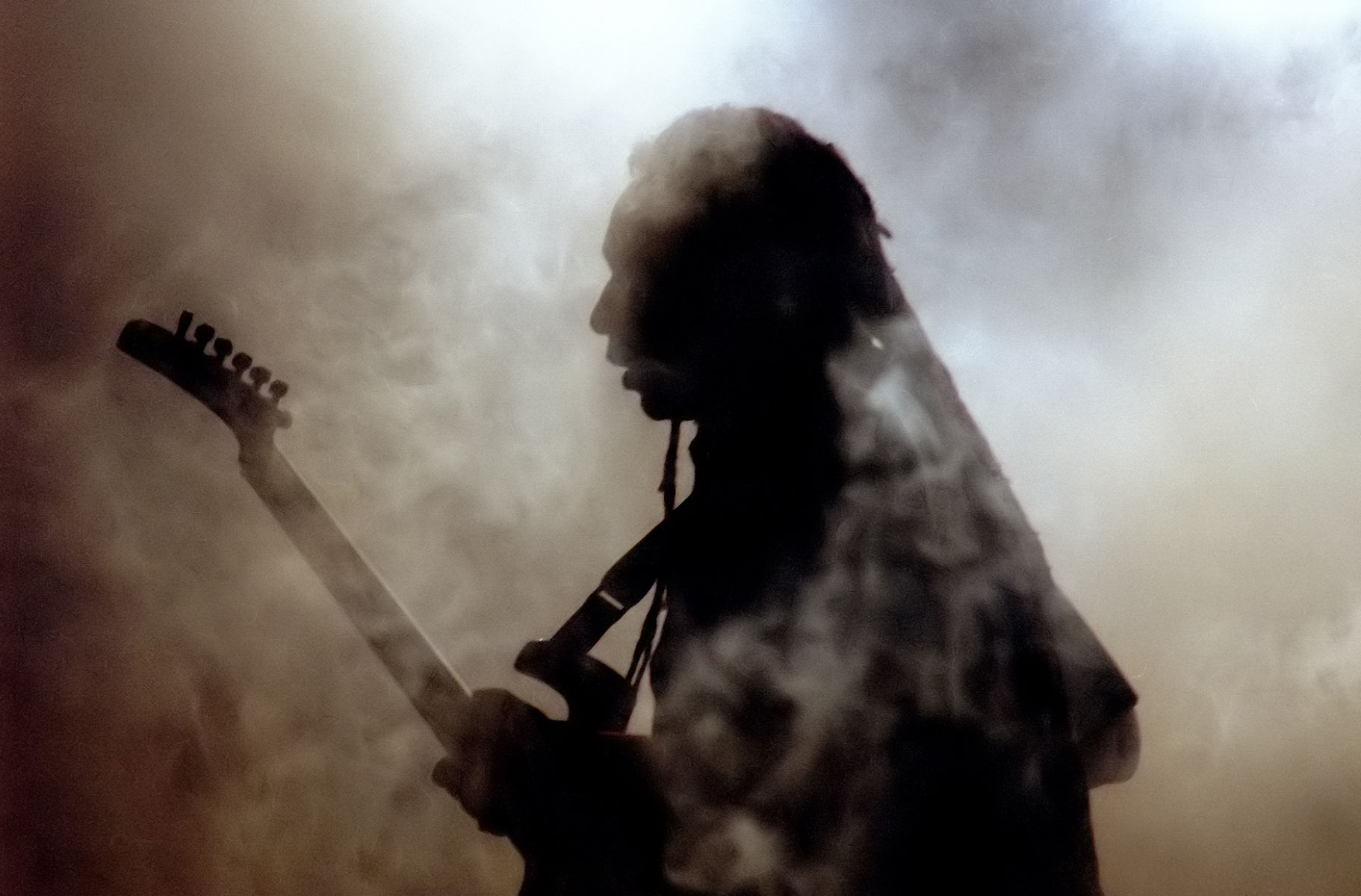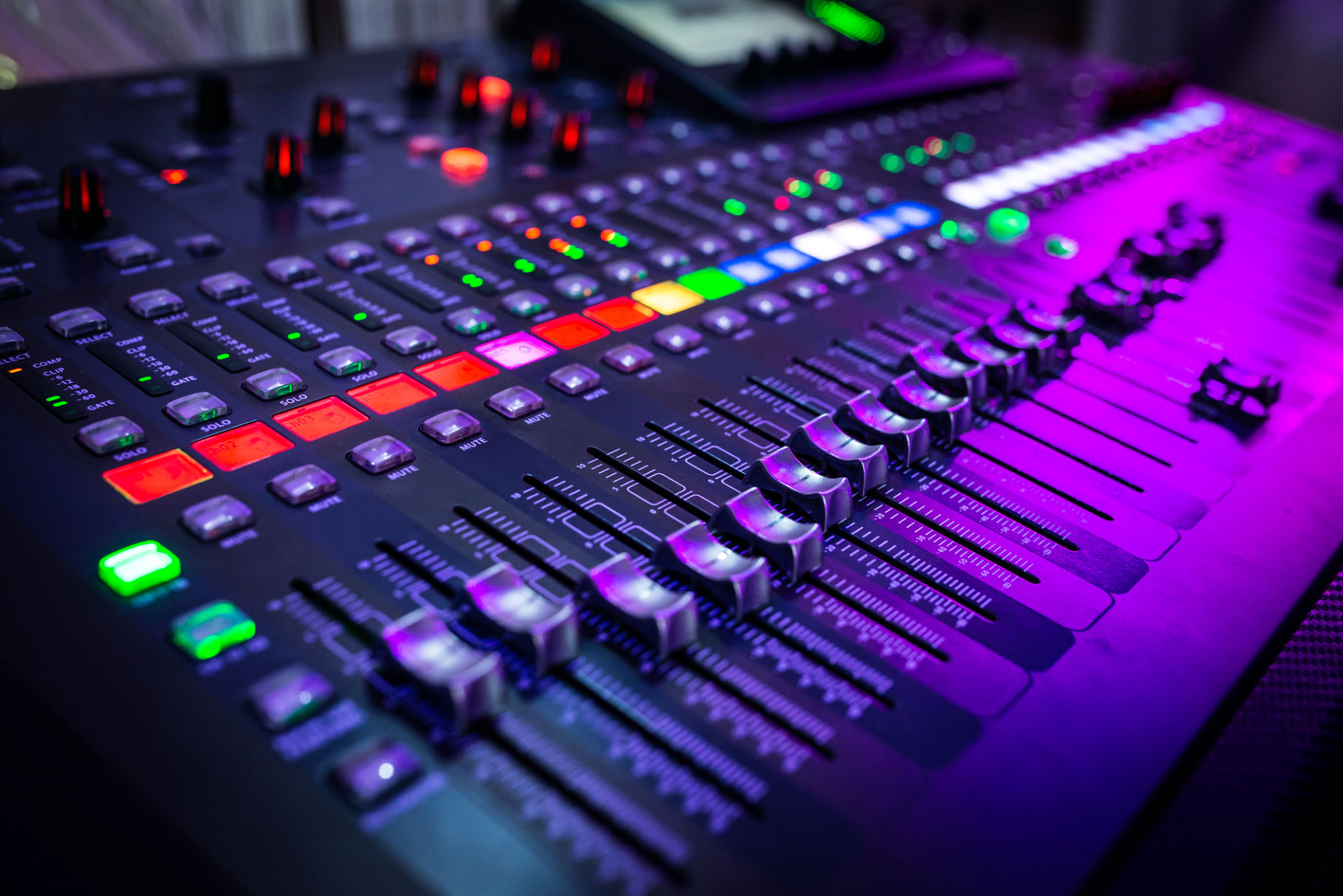Mastering the Authentic Sound: Inside a Jamaican Culture Recording Session
Understanding the Jamaican Sound
Jamaican music is renowned worldwide for its unique sound that blends together elements of reggae, dancehall, and ska. The essence of this sound is deeply rooted in the island's vibrant culture and rich history. Capturing this authenticity in a recording session is both an art and a science, requiring a deep understanding of the cultural nuances and musical techniques that define Jamaican music.

The Role of Traditional Instruments
One of the key aspects of mastering the authentic Jamaican sound lies in the use of traditional instruments. Instruments such as the Nyabinghi drums, bass guitar, and melodica are essential in creating the rhythmic foundation of many Jamaican tracks. These instruments contribute to the distinctive beat that is instantly recognizable and impossible to replicate without a genuine understanding of their role in the music.
In a recording session, musicians often emphasize the bassline, which serves as the backbone of most reggae songs. The deep, resonant tones of the bass guitar are crucial in setting the mood and driving the rhythm. Producers pay special attention to capturing the warmth and depth of these sounds to ensure they resonate with authenticity.

Creating a Collaborative Atmosphere
A successful Jamaican recording session thrives on collaboration. Musicians, producers, and sound engineers work together to create an environment where creativity can flourish. This collaborative spirit is vital, as it reflects the communal nature of Jamaican music culture, where each participant contributes their unique flair to the final product.
Producers often encourage spontaneity, allowing artists to experiment with different sounds and rhythms. This approach fosters innovation while staying true to the traditional elements that define Jamaican music. The result is a dynamic session that captures the energy and vibrancy of the island.

Harnessing Modern Technology
While traditional techniques are crucial, modern technology plays an essential role in contemporary Jamaican recording sessions. High-quality microphones and mixing equipment are used to capture the nuances of each instrument and vocal performance. These tools help ensure that every detail is preserved, from the subtle vibrations of a drum skin to the nuances of a vocalist's intonation.
Producers leverage digital software to enhance recordings without losing their authentic feel. By blending analog warmth with digital precision, they create tracks that are both modern and true to their roots, appealing to audiences around the globe.

The Influence of Jamaican Culture
Beyond the technical aspects, Jamaican culture itself plays a significant role in shaping the music. The themes often reflect social issues, spirituality, and everyday life on the island. This cultural context gives the music a depth that resonates with listeners worldwide.
During recording sessions, artists draw inspiration from their surroundings, infusing their work with stories and emotions that speak to universal experiences. This connection between culture and sound is what makes Jamaican music so compelling and enduring.
Conclusion: Capturing Authenticity
Mastering the authentic Jamaican sound in a recording session requires a delicate balance between tradition and innovation. By understanding the cultural significance of the music and utilizing both traditional instruments and modern technology, artists can create recordings that are rich in authenticity and appeal.
The magic of these sessions lies in their ability to transport listeners to the heart of Jamaica, offering a sonic journey that celebrates the island's unique cultural heritage. As musicians continue to explore this vibrant musical landscape, they ensure that the authentic sound of Jamaica will continue to inspire generations.